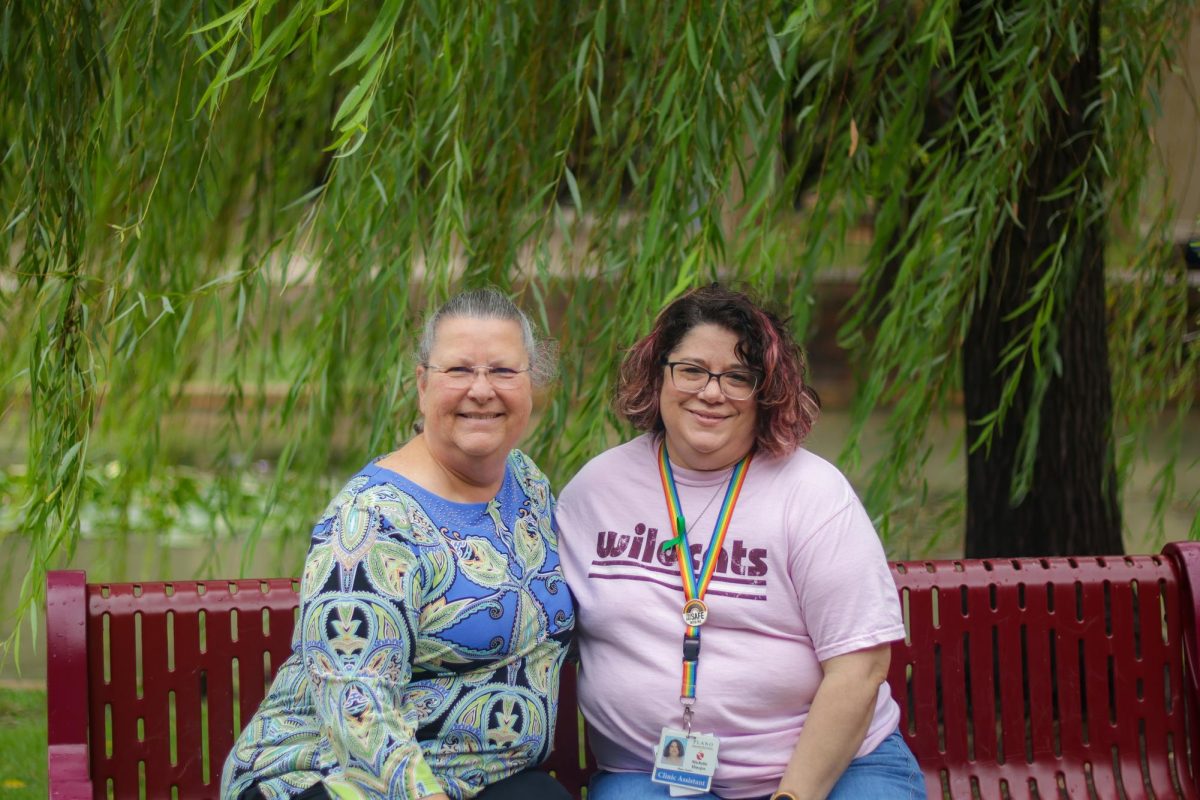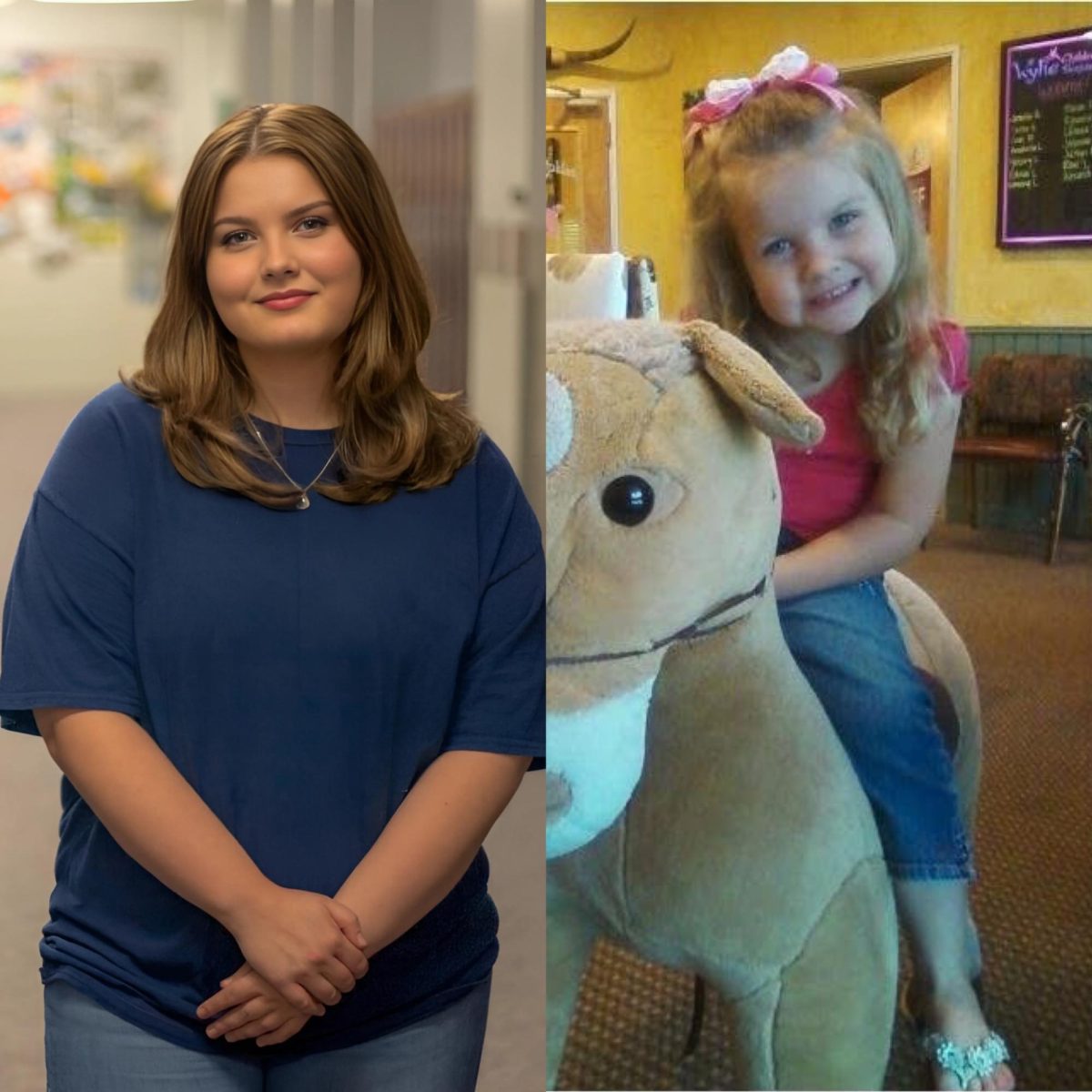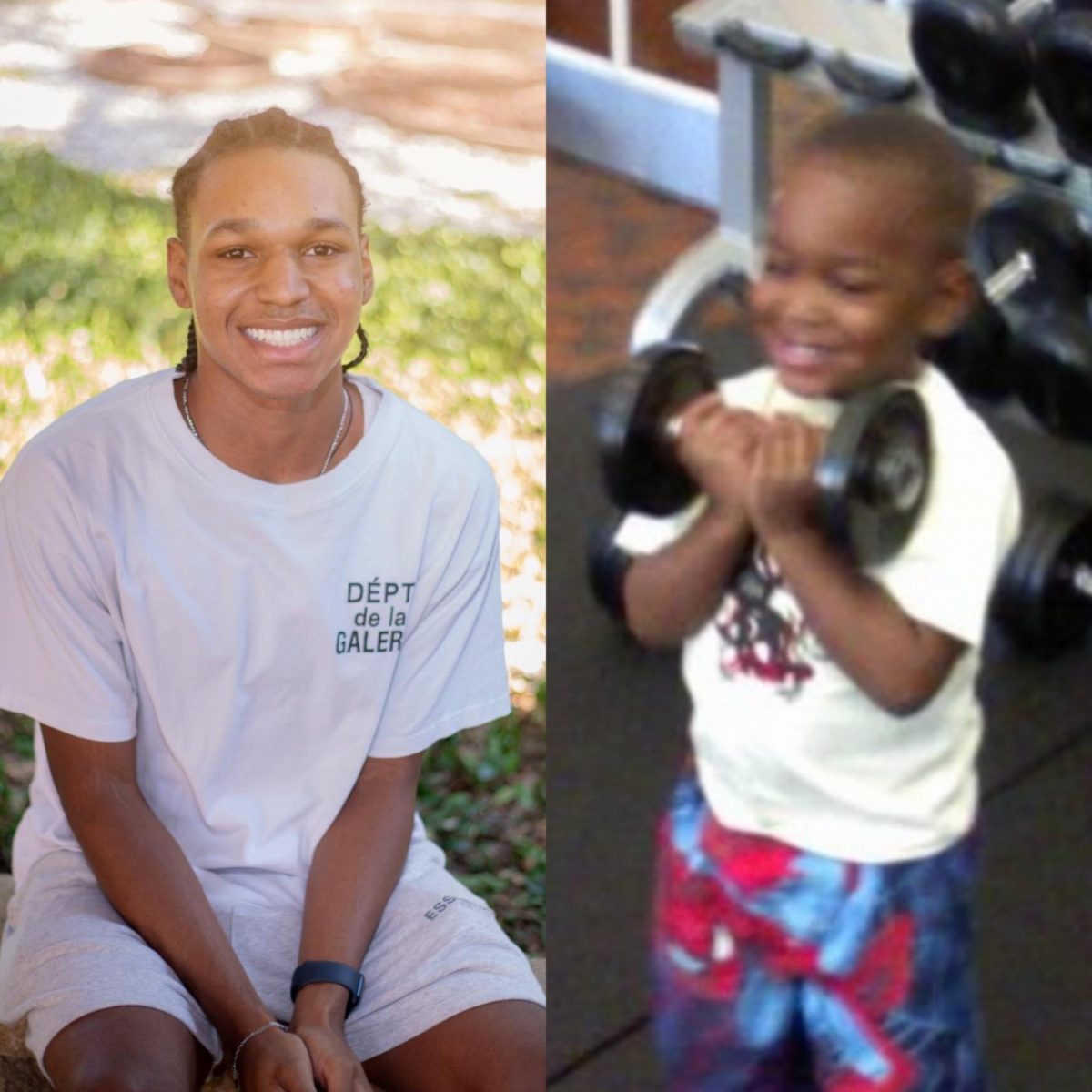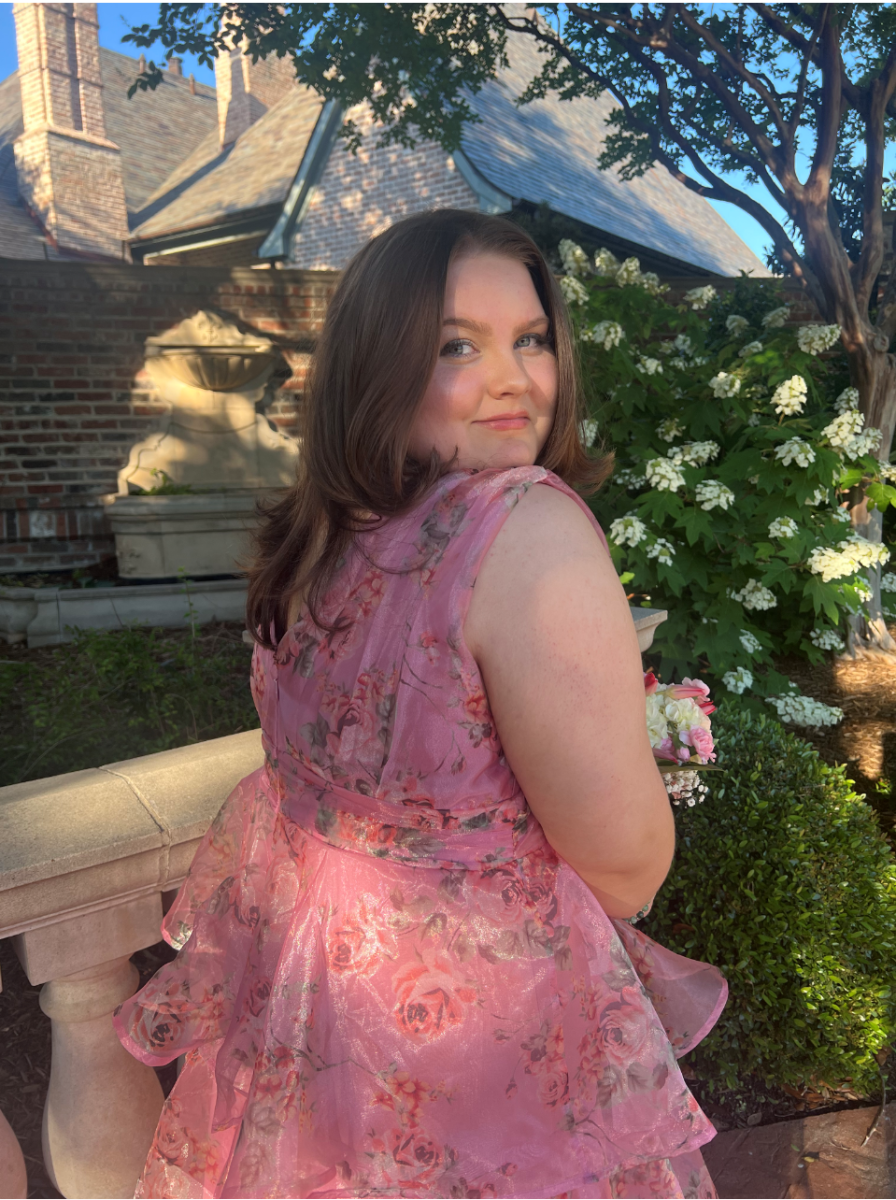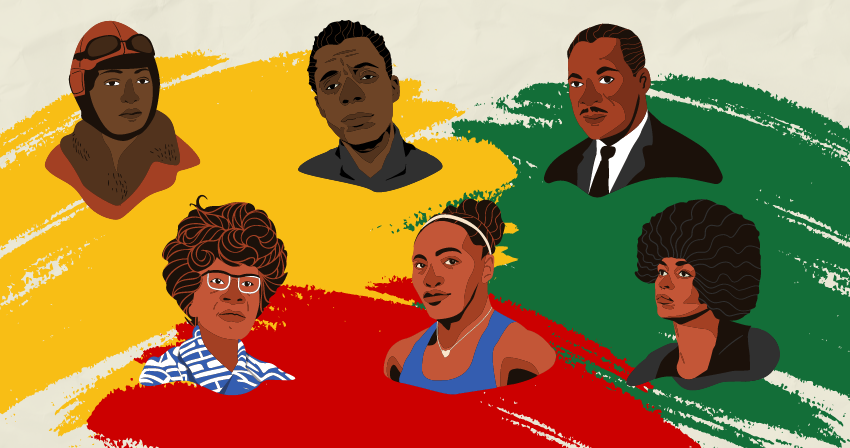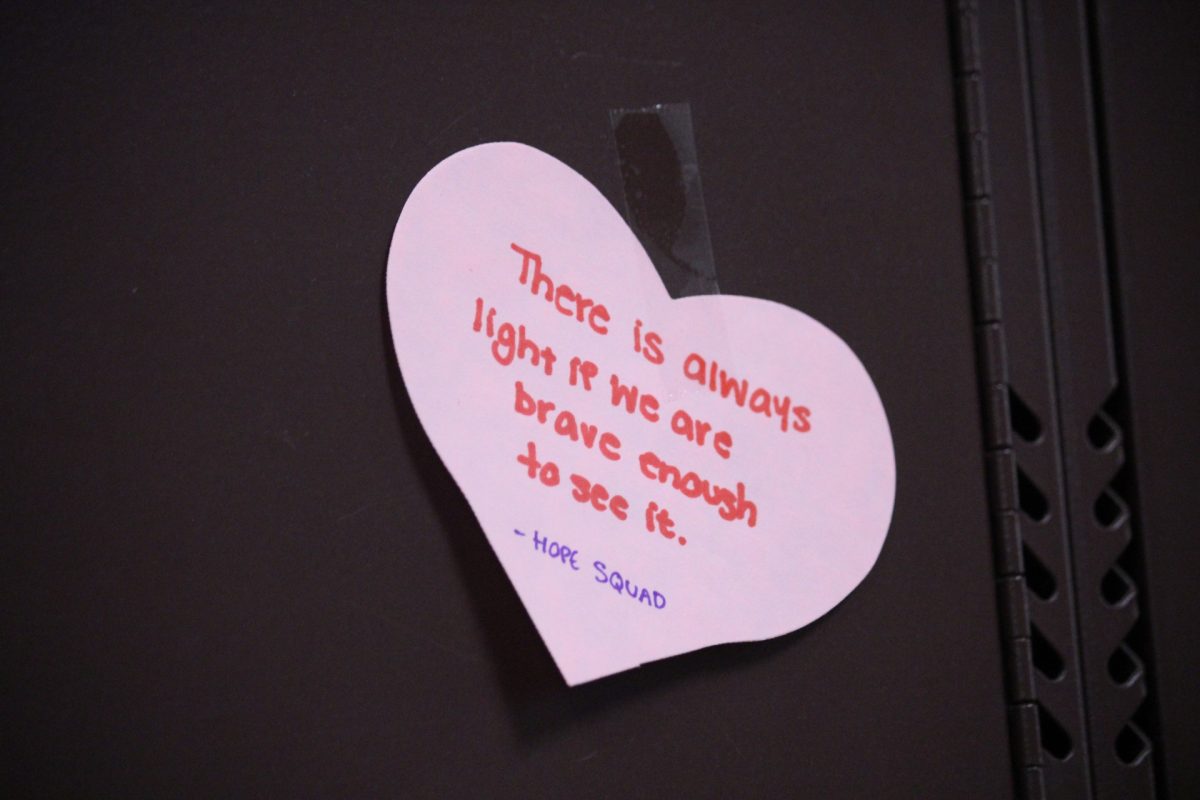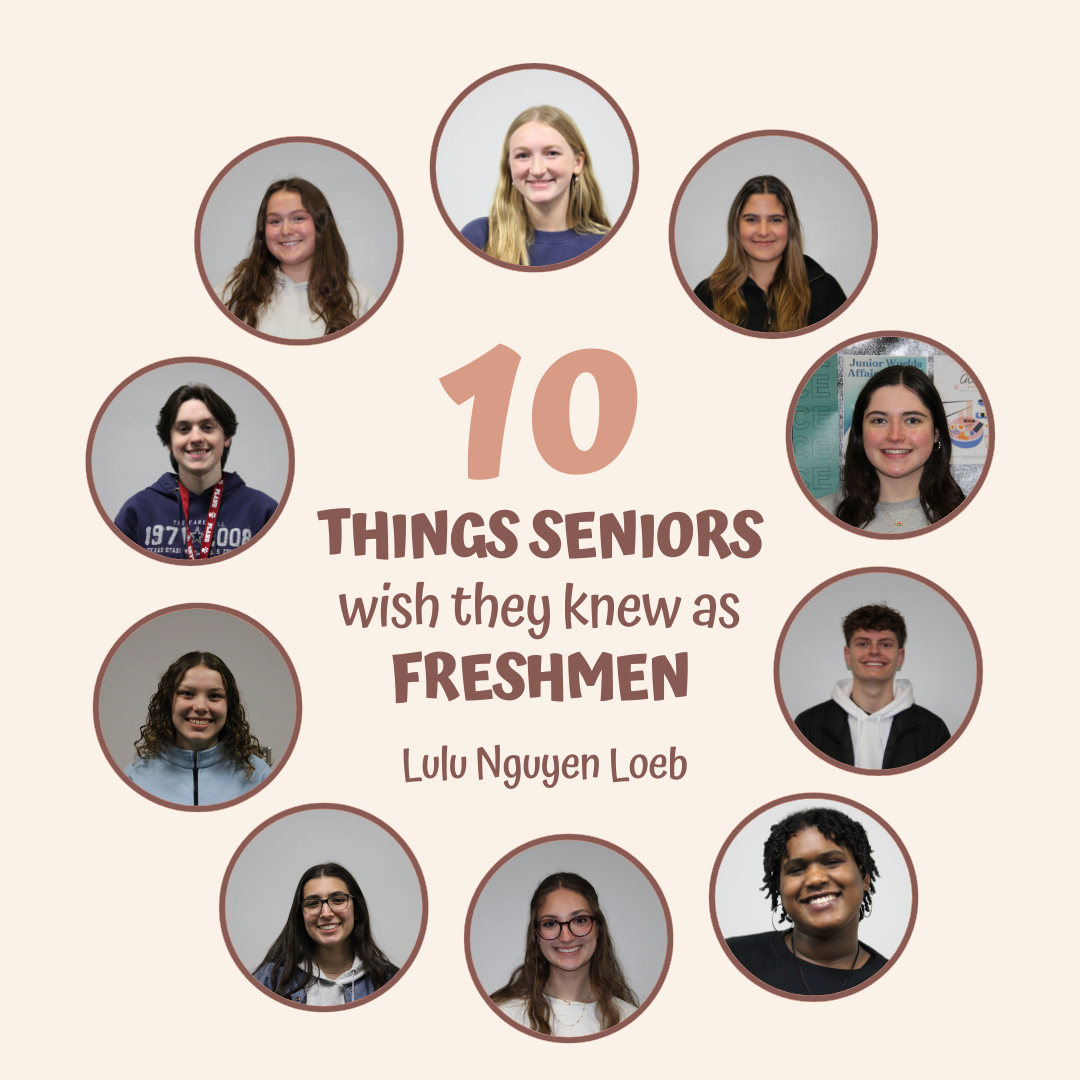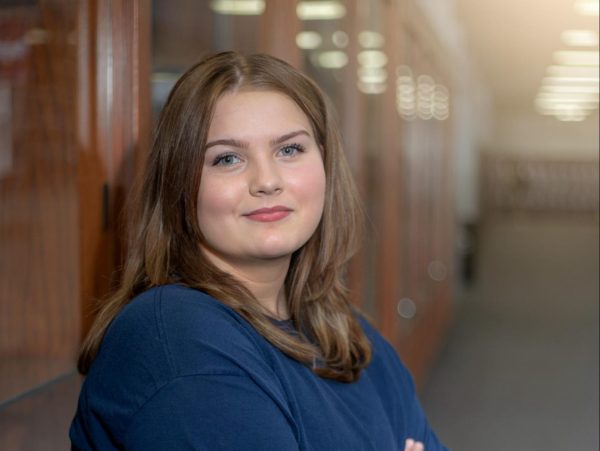During the month of October, National Breast Cancer Awareness Month, breast cancer survivors and relatives feel reminiscent of their past experiences and outcomes. Plano Senior survivors use this month to share their stories and advocate breast cancer awareness.
“I am a huge advocate of mammograms,” Plano Senior Student Center Secretary Patrice Reneau said. “That is how they caught mine early, and so I had a great outcome.”
All types of cancers are diagnosed and treated, however, breast cancer is the most common. Generations upon generations have equal likelihood of getting symptoms of this particular cancer, which is why both survivors and medical professionals stress the importance of mammograms. It is important to catch it while it is in its early stages, or before it’s too late to treat. Plano Senior Nurse, Michelle Hinojos, struggled to push herself to schedule a mammogram, but finally found it in herself to go, and discovered cancer in its earliest stage. She was able to put an end to it before it spiraled out of control, and is currently waiting for her reconstruction process.
“I had canceled my mammogram many times,” Hinojos said. “I kept rescheduling and finally I was like: ‘Ugh, fine I’ll just go’. Thank goodness I did because the type that I have is typically only found through mammogram.”
Fighting breast cancer can be mentally, emotionally, and physically exhausting for the body. With breast cancer comes fatigue and illness. Lots of people prefer to relax, talk, and emotionally connect with those who are similar around them for any sense of comfort. Sharing experiences can help with fear, anxiety, or isolation. Supporting those who are struggling in the midst of this painful and difficult process is very important. Even supporting relatives of a cancer victim can be helpful, as it can also take a toll on their lives.
“I had such wonderful support with my family, and my doctors were amazing,” Hinojos said. “I was so taken back of how much support I got here at work,” she elaborated. “It felt like I was in control of it in a way, like I could control how I was going to recover, and how I can get through this by talking about it.”
Both men and women are susceptible to getting breast cancer. Most of the time people think of women when they come across the topic of breast cancer because they lack the knowledge that men can get it as well. Hinojos shared that she’d been deceived into thinking that because her father’s side of the family had gotten breast cancer in the past, she was not as likely to.
“I was always told that if it’s on the maternal side of the family that’s when you are more at risk,” Hinojos said. “So growing up, I always thought I didn’t really have to put it in my medical records and stuff because it was on my dad’s side.”
Hereditary genes have a big influence on why a person is more at risk of getting breast cancer. Reneau has a strong history of breast cancer in her family, with four previous family members that beat and lost their battles against breast cancer. With prior knowledge and personal experiences of growing up with other females with breast cancer, Reneau knew how to go about her diagnosis positively.
“I knew that it was survivable,” Reneau says. “Because I had the history in my family, I was like: ‘Let’s get this done, let’s get treatment started, let’s get this out of the way!’”
For younger generations, mammograms may not be the best way to catch the disease as doctors don’t necessarily recommend mammograms until later on in life. Younger women and men’s breast tissue is more dense than those who are 40 or older, which makes it harder for cancer to be seen in a mammogram. Self-examining your body for possible physical changes or masses is highly encouraged.
“Support, know your body, self-examine,” Hinojos urged.


